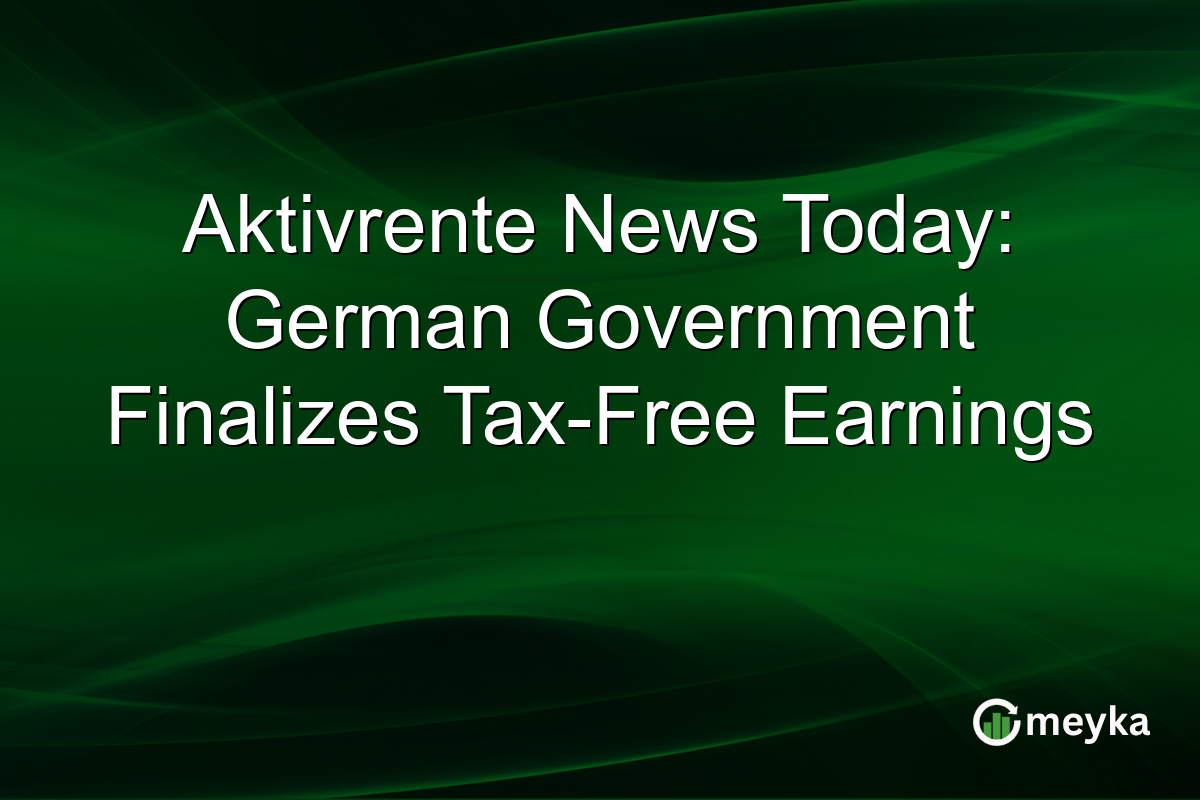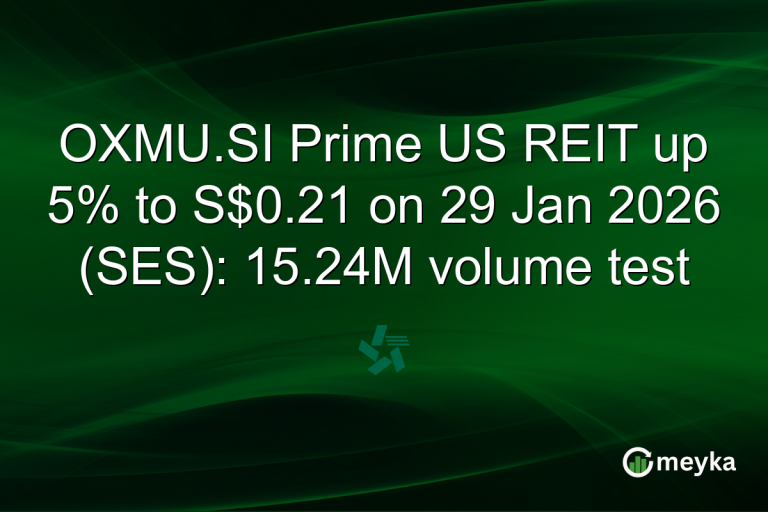Aktivrente News Today: German Government Finalizes Tax-Free Earnings
Germany’s government has finalized the Aktivrente policy, a bold move aiming to support retirees by allowing them to earn up to €2,000 per month tax-free starting January 2026. This policy adjustment targets boosting active participation among senior citizens in the workforce, aligning with ongoing German pension reform efforts. Such incentives are a strategic response to demographic shifts and economic demands, making retirement more financially viable for many.
Understanding Aktivrente and Its Impacts
The Aktivrente policy intends to fundamentally change the retirement landscape in Germany. By allowing tax-free earnings up to €2,000, the policy encourages retirees to remain in the workforce longer. This directly ties into broader German pension reform goals, aiming to mitigate economic pressures from an aging population.
For retirees, this creates a chance to enhance their quality of life without the burden of additional taxes. Moreover, it potentially unlocks a larger, more experienced workforce, benefiting various sectors facing skill shortages.
Economic Rationale Behind the Policy
With Germany’s aging population, the demand for effective pension solutions is crucial. The tax-free earnings under Aktivrente are designed to incentivize older workers to continue contributing to the economy. This change is seen as a necessary step in maintaining fiscal balance and workforce stability.
The government projects that by encouraging older citizens to remain employed, the pressure on the pension system will ease. This approach reflects a shift from traditional retirement models, aiming to sustain economic growth while addressing demographic challenges.
Expected Outcomes and Critiques
Beginning January 2026, retirees can benefit significantly from Aktivrente, but the policy isn’t without its critics. Some experts are concerned about the long-term sustainability and potential costs. According to reports, the policy could cost the state €890 million per year. Source.
However, supporters argue that the benefits, in terms of increased employment and reduced pension strain, will outweigh the costs. It’s a strategic investment in Germany’s economic future and seniors’ financial security.
Investor Considerations and Market Sentiment
While this policy does not directly affect stock symbols, market observers are closely watching its broader economic impacts. By promoting workforce participation among seniors, sectors such as retail and healthcare may see economic upticks.
Investors looking at Germany’s market sentiment should note the potential increased consumer spending by retirees, which could bode well for sectors reliant on disposable income. For comprehensive financial analysis, platforms like Meyka offer real-time insights and predictive analytics.
Final Thoughts
Aktivrente represents a pivotal shift in Germany’s approach to retirement, balancing present sociopolitical needs with future economic demands. By enabling tax-free earnings, the government aims to empower retirees while addressing broader economic challenges. While debates on fiscal sustainability continue, the policy marks a proactive step in shaping retirement norms. As Germany navigates these changes, investors and policymakers alike will be keenly observing its outcomes. Meyka provides a platform for those seeking to stay ahead with real-time insights into such economic shifts.
FAQs
Aktivrente allows German retirees to earn up to €2,000 monthly tax-free, encouraging extended workforce participation starting January 2026. It’s part of broader pension reform efforts.
The government aims to encourage retirees to stay in the workforce, easing pension system pressures and reducing skill shortages in various sectors as part of German pension reform.
Critics point to potential high costs, estimating around €890 million annually. However, supporters believe it will lead to economic benefits and workforce stability.
Disclaimer:
This is for information only, not financial advice. Always do your research.






